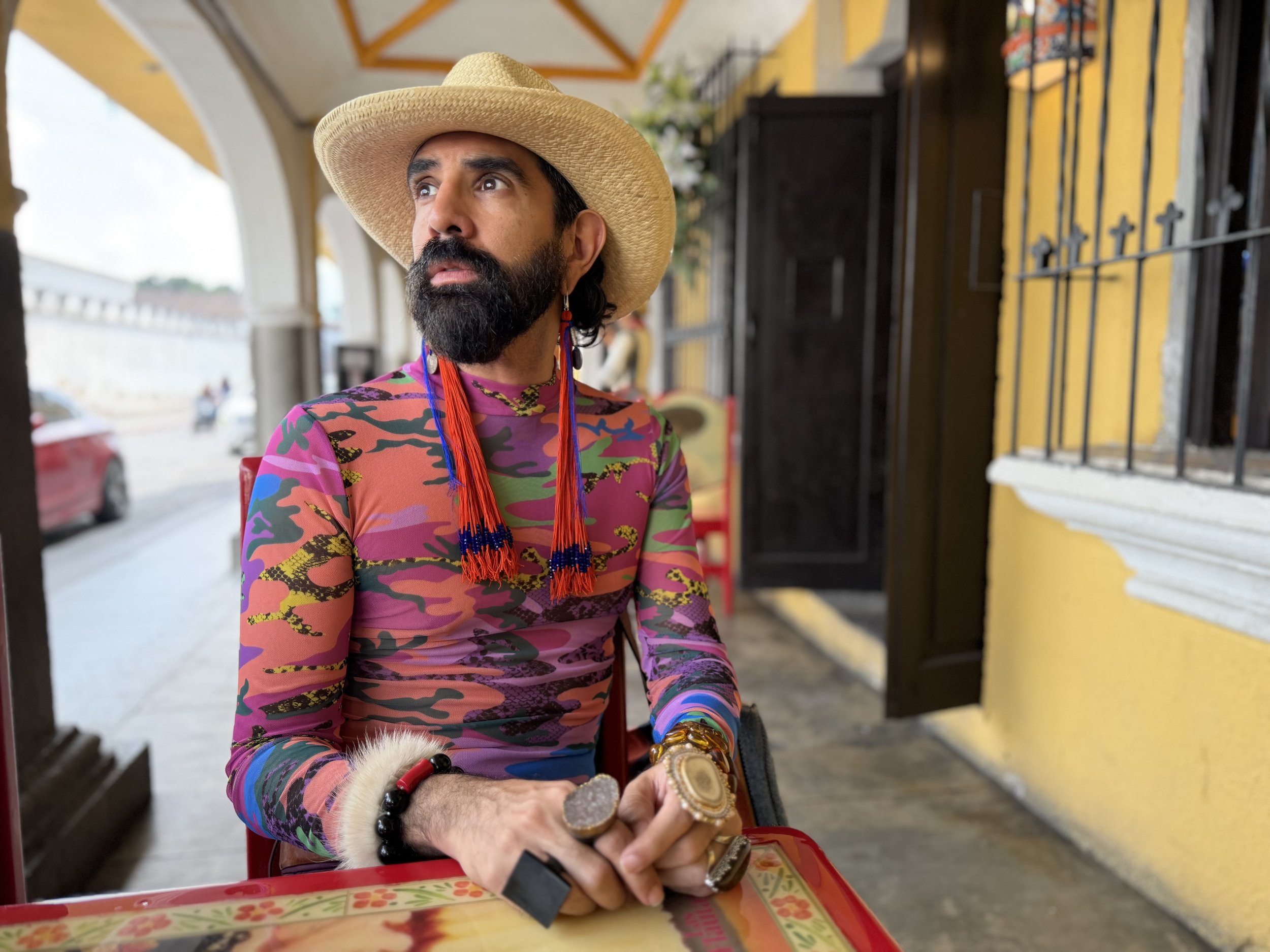Armando Perla
Armando Perla
Armando Perla (they/them) is a non-binary queer mestizo (Nahua and Euro-Salvadoran) curator, scholar, and museum consultant originally from Kuskatan (El Salvador). They are an independent curator and museum consultant. Perla is also a PhD candidate in Art History and Museology at the Université de Montréal, where their research—recognized with the Joseph-Armand Bombardier Canada Graduate Doctoral Fellowship—focuses on transnational Indigenous museologies.
Perla was Artistic Director and Chief Curator of the Textile Museum of Canada, and has served as Vice-President of the Board of the Canadian Museums Association (2021–2024). They have also been Chief Curator for the Toronto History Museums at the City of Toronto and a board member of ICOM’s International Committee on Ethical Dilemmas (IC-Ethics). Between 2021 and 2022, they curated a landmark children’s exhibition on historic memory and human rights for the United Nations Development Program and the Swiss Agency for International Cooperation in Central America.
In 2025, Perla was awarded the King Charles III Coronation Medal for their contributions to the Canadian and international museum sectors. Their career has spanned multiple geographies: serving as International Advisor on Museums, Human Rights, and Social Inclusion for the City of Medellín, Colombia; as part of the founding team of the Canadian Museum for Human Rights; and as Project Leader at the Swedish Museum of Migration and Democracy. They have also taught as Assistant Professor on Decolonization and Race in Museums at the University of Toronto’s Master of Museum Studies program, and as adjunct professor at both the Faculty of Law, University of Manitoba, and the Global College, University of Winnipeg.
Holding a Bachelor of Laws from Université Laval and a Master of Laws in International Human Rights Law from Lund University and the Raoul Wallenberg Institute in Sweden, Perla’s background bridges law, human rights, and museology. Before moving into the museum field, they worked with human rights organizations across North America, Latin America, and Europe.
